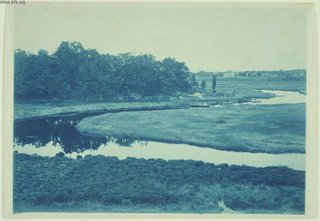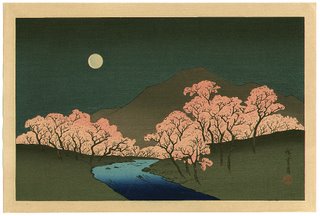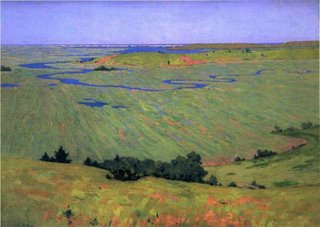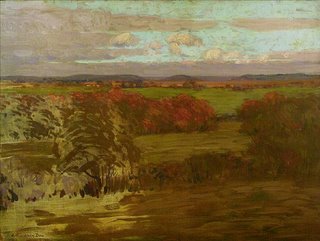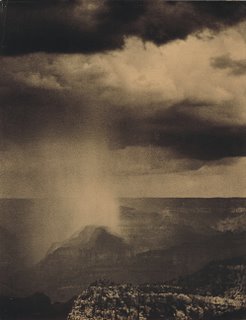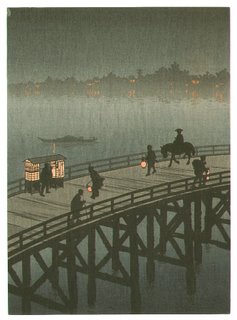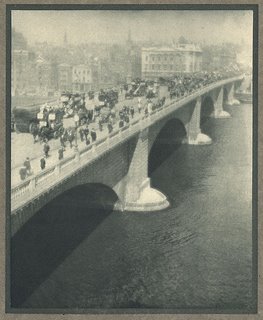 THE FROG WHO WOULD A WOOING GO
THE FROG WHO WOULD A WOOING GO
A Frog he would a-wooing go,
Whether his mother would let him or no.
Off he set with his opera-hat.
On the road he met with a Rat.
"Pray, Mr. Rat, will you go with me,
Kind Mrs. Mousey for to see?"

They soon arrived at Mousey's hall.
They gave a loud tap, and they gave a loud call.
"Pray, Mrs. Mouse, are you within?"
"Yes, kind sirs, and sitting to spin."

"Pray, Mrs. Mouse, now give us some beer,
That Froggy and I may have good cheer."
"Pray, Mr. Frog, will you give us a song?
Let the subject be something that's not very long."

"Indeed, Mrs. Mouse," replied the Frog,
"A cold has made me as hoarse as a hog."
"Since you have caught cold, Mr. Frog," Mousey said,
"I'll sing you a song that I have just made."

As they were in glee and merrymaking,
A Cat and her kittens came tumbling in.

The Cat she seized the Rat by the crown,
The kittens they pulled the little Mouse down.
This put Mr. Frog in a terrible fright,
He took up his hat, and he wished them good night.

As Froggy was crossing it over a brook,
A lilywhite Duck came and gobbled him up.
So here is an end of one, two, three--
The Rat, the Mouse, and little Froggy.
THE END

this tale is so very odd, one begins to wonder who these critters are meant to symbolize, and what the '
backstory' is. i couldn't find it, though i found a wonderful bit of very serious
satire about it, as well as various
versions of the poem itself (and a
short story-ization as well).
this, like yesterday's tale, does not have a happy ending. it and the illustrations are a bit perverse (he's kissing her tail?). are there other cultures with much the same story (as we've seen with others)?
and why do all our frogs wear trousers? do we have graphics, as do the japanese, that allow for the simple grace of this worthy creature?

well, then, there is always this.
 How do I love thee? Let me count the ways.
How do I love thee? Let me count the ways. I love thee to the level of everyday's
I love thee to the level of everyday's I love thee with a passion put to use
I love thee with a passion put to use Smiles, tears, of all my life! --- and, if God choose,
Smiles, tears, of all my life! --- and, if God choose,











































